
The cost to paint the interior of a house in Orlando, FL depends on size, layout, type of surface, and more. Learn what factors can influence your total in this guide.
Make old furniture look like new with these tips
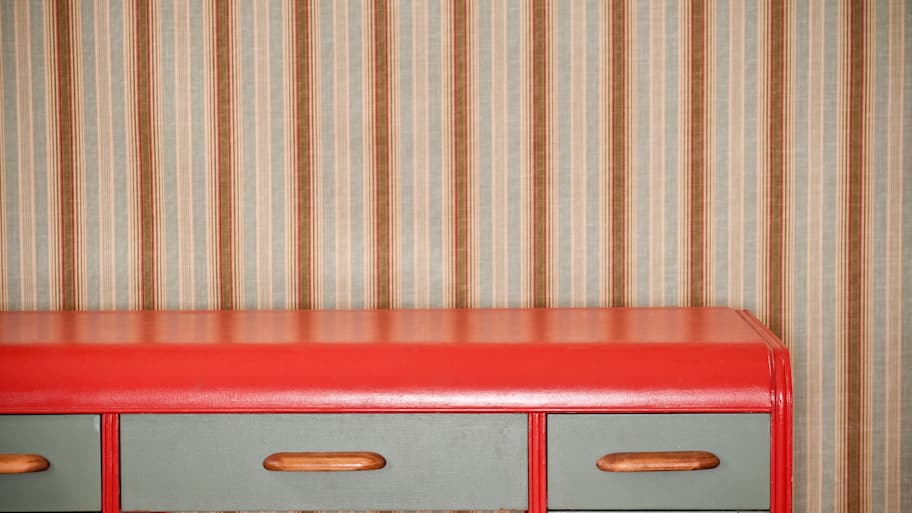

A fresh coat of paint is a great way to revive older furniture, but rushing the process can leave your prized cabinets and end tables looking streaky or flaky. Repainting furniture requires patience and a few smart techniques for a finish that looks great and lasts for years. Follow these 10 tips to repaint furniture with the smoothest finish.
Before you start painting, inspect the furniture. Look for chips, scuffs, scratches, or other damage that you can repair. Painting over damaged furniture will only make those problems even more obvious, so buff away scratches, fill in dings with wood filler, or close cracks with wood glue. Sand down the repairs for a smooth finish before you begin cleaning, priming, and painting.
If you have trouble repairing your furniture, you’re not confident in your painting skills, or you’re worried about damaging a precious family heirloom, stop here and hire a furniture painting pro near you to take over the project.
Without cleaning the furniture, there will be specks of dirt, dust, and other debris that stand out as tiny bumps under the paint. Remove all the hardware, then use a cloth or sponge and warm, soapy water or commercial furniture cleaner to wipe down all surfaces and interiors. Follow up by wiping down the furniture with a clean, damp cloth to remove any cleaner residue.
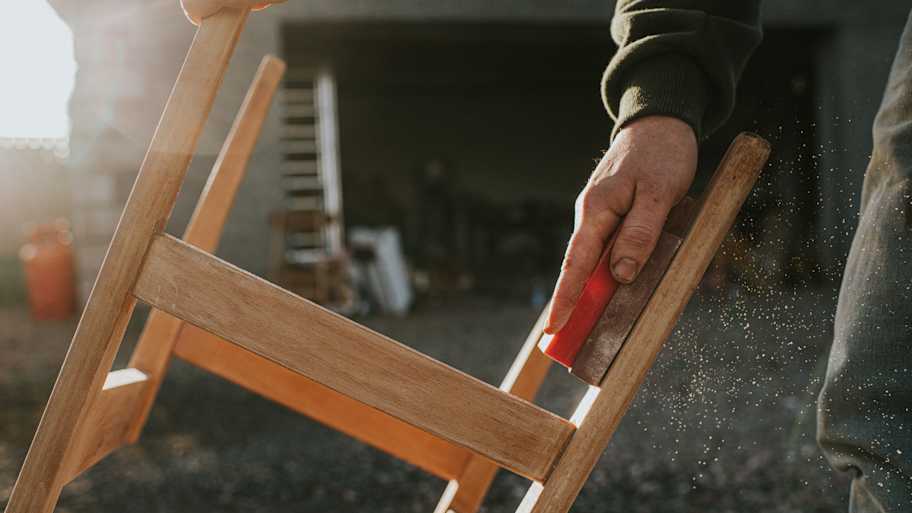
Paint won’t stick well to a glossy finish on wood furniture or on metal furnishings. To remedy this problem, use sandpaper to lightly scuff the entire surface of the furniture. Use 120-grit or 220-grit sandpaper to scuff up the surface, creating small ridges that the paint can adhere to. Wipe away any dust left over after sanding.
In many cases, applying a primer before painting furniture will extend the lifespan of your paint job and provide the smoothest base. You may be tempted to skip this step, but it will help the final product look its best.
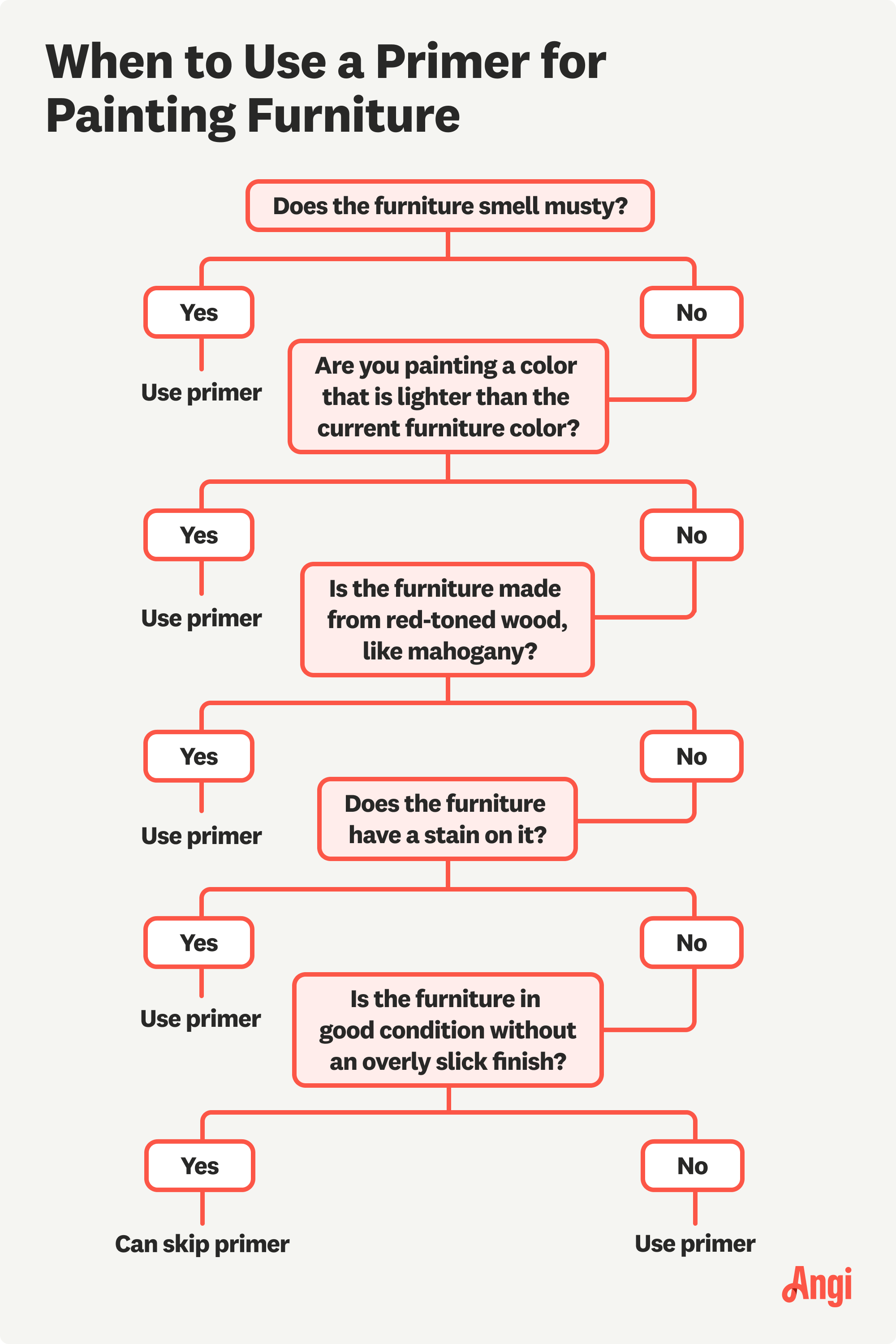
There’s no “right” paint for your furniture. The paint you apply depends on personal preference and what type of paint will best adhere to the material you’re painting. Latex- or oil-based paints work well for wood furniture, while oil-based paints are better for metal furniture. Specialty paints, like enamel, milk, or chalk paints, can also work depending on your specific project.
Diluting the paint by 10% to 15% can help produce a smoother finish. However, diluting the paint too much could ruin it, so only do this if you’re confident that you can add just the right amount of water. Diluting the paint can also make it more vulnerable to chipping, so keep this in mind when deciding whether to dilute or not.
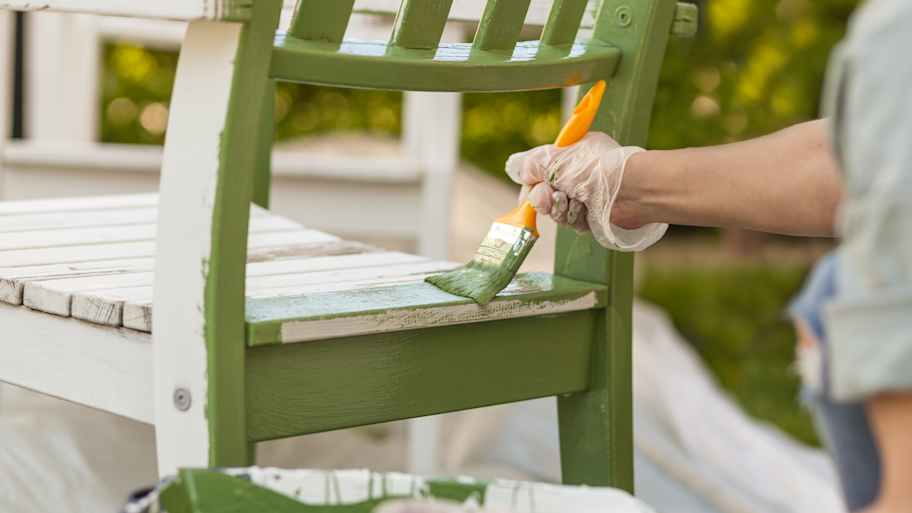
For wood furniture, move your paint brush or roller in the same direction as the wood grain. This allows for a smoother finish that better disguises the wood grain.
Painting in thinner layers, even if you have to do an extra coat, offers several benefits over layering thicker coats. First, thinner layers dry faster. Thin coats also go on easier and dry more smoothly for a seamless finish.
Even carefully applied paint can chip, flake, and peel with time. To give your furniture better protection and extend the life of your paint job, apply a sealant after your paint has dried. One of the most common sealers for repainting furniture is a water-based acrylic topcoat, or you can use a furniture wax.
Each coat of primer, paint, and sealant needs plenty of time to dry, and once the project is completely finished, you should let it cure before putting any objects in or on the furniture.
Dry time: Allow primer, paint, or sealant to dry for at least three hours or up to 24 hours between coats.
Cure time: Allow the furniture to cure for 30 days before using the furniture.
From average costs to expert advice, get all the answers you need to get your job done.

The cost to paint the interior of a house in Orlando, FL depends on size, layout, type of surface, and more. Learn what factors can influence your total in this guide.
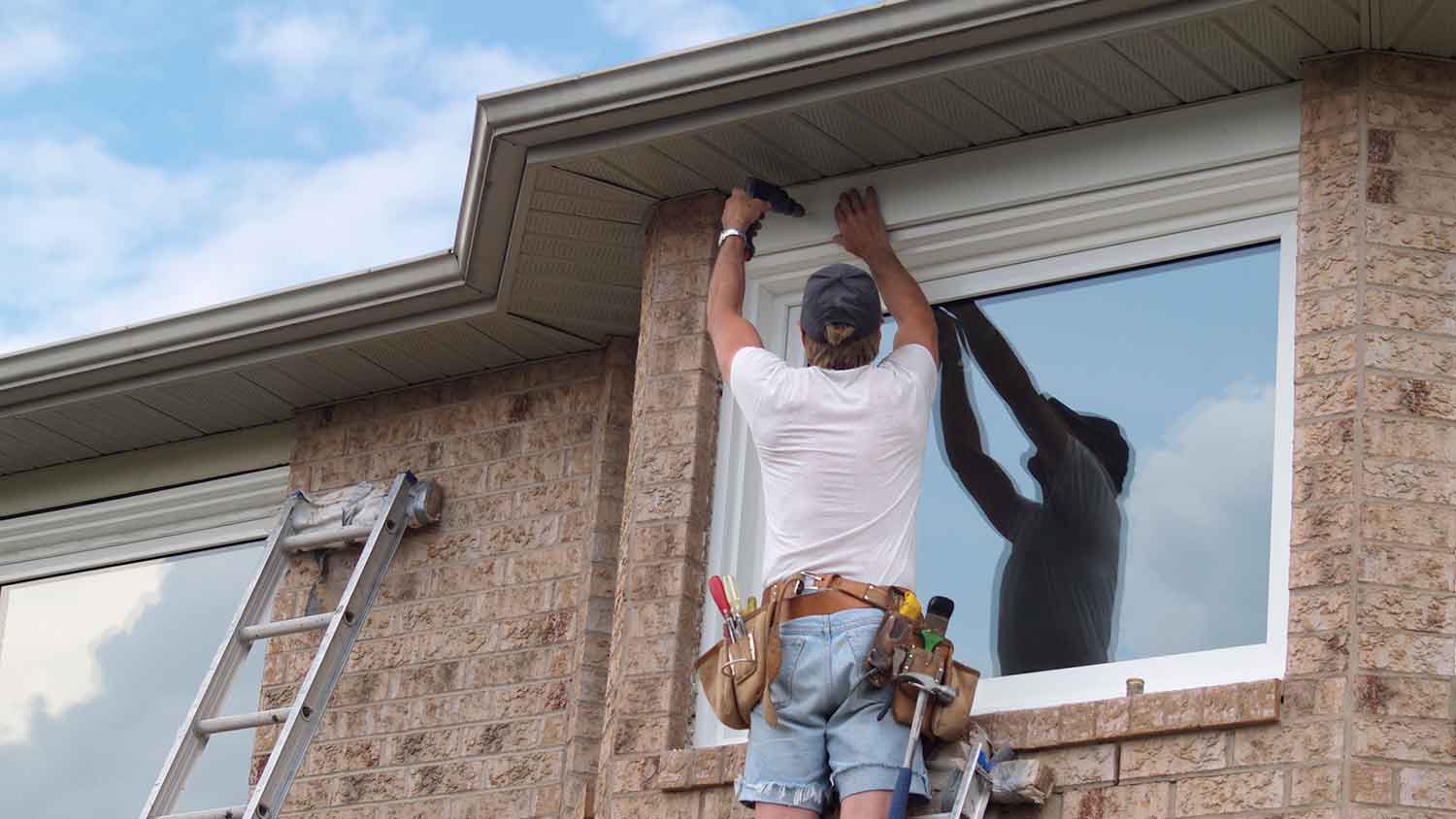
Discover the cost to install window trim. Learn about price factors, labor, materials, and tips to save on your window trim installation project.

The cost to paint the interior of a house in Washington, D.C. depends on size, layout, type of surface, and more. Learn what factors can influence your total in this guide.

Painting plastic requires the right paint to get the job done flawlessly. Check out 11 of the best paints for plastic to help you with your next project.

A faux wall finish done correctly can transform an entire room. Discover the pros and cons of 15 of the most popular faux painting techniques with Angi.

Choosing the best paint brand for your home project starts with these brands. Read on to discover the top paint brands for interior and exterior painting.